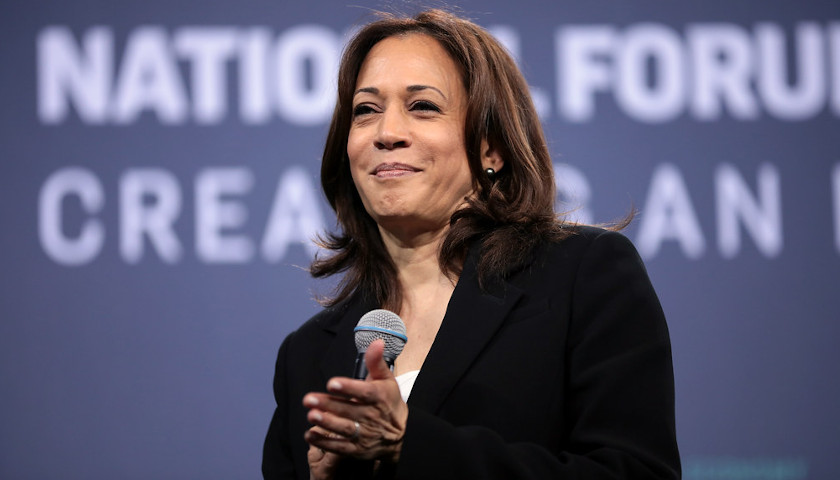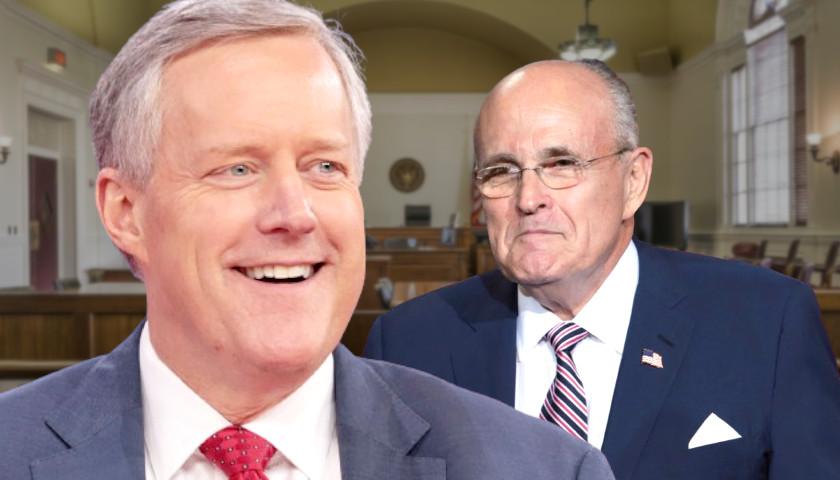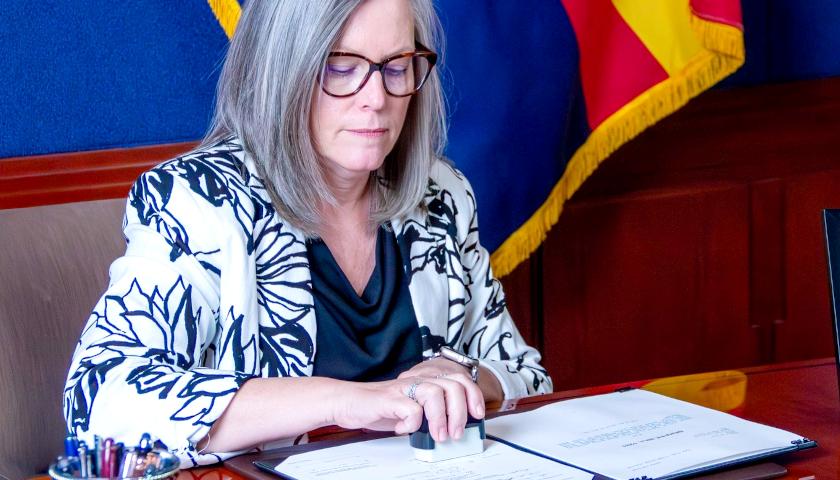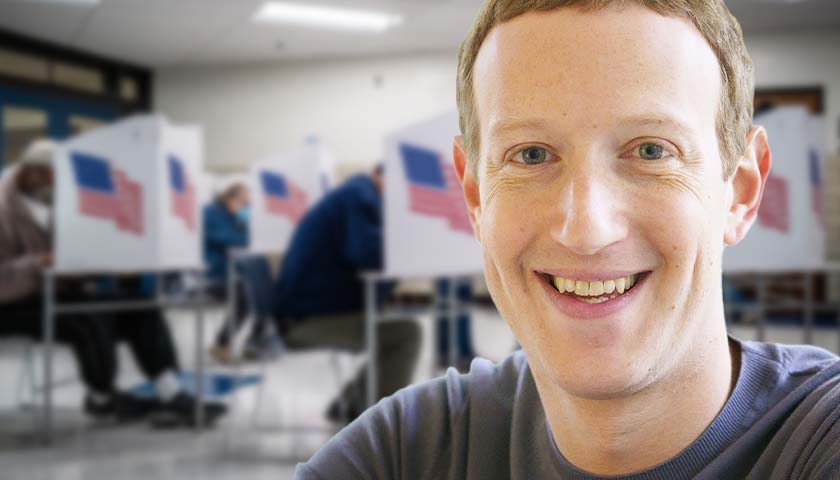by David Catron
Now that the Democrats have finally finished inflicting their excruciating “virtual convention” on us, it’s useful to consider what they inadvertently revealed about their biggest worry as the November election looms. Nowhere was that angst more obvious than in Wednesday’s soporific speech by Kamala Harris accepting the party’s vice presidential nomination. She began by invoking 100th anniversary of the 19th Amendment, failing to mention that it was passed and shepherded through the ratification process by the Republican Party, then segued to a desperate plea: “It’s not about Joe or me.… It’s about you … and getting out the vote.” Translation: “The Biden presidential campaign suffers from a deadly enthusiasm deficit.”
That deficit is, of course, why Harris was rescued from the rubble of her failed presidential campaign and installed on the Democratic ticket. The Biden campaign is desperate to increase enthusiasm among the minority voters whose support for his candidacy remains so tepid that it threatens his already shrinking chances of winning in November. The Biden campaign clearly believes that putting a woman of color on the Democratic presidential ticket will convince this portion of the electorate to ignore his well-documented opposition to desegregation and long history of hobnobbing with white supremacists. The Harris nomination confirms that Biden believes minority voters are idiots.
He and his handlers believe they will forget that Harris achieved her highest poll numbers last year by attacking him for his record on race and effusive praise of notorious segregationists such as Sens. James Eastland (D-Miss.) and Herman Talmadge (D-Ga.). During a Democratic debate Harris berated Biden as follows: “It was hurtful to hear you talk about the reputations of two United States senators who built their reputations and careers on the segregation of race in this country.” This may have endeared Harris to the Democratic National Committee. Nonetheless, her addition to their presidential ticket has damaged the longtime loyalty the party has enjoyed among minorities, according to a new Rasmussen poll (emphasis added):
Democrats overwhelmingly like the California senator and have their eye on her to hold the top spot in 2024 if the Democratic ticket loses this time around, but a third of black voters say the announcement makes them less likely to throw their support behind the Democratic ticket…. Among all voters, nearly half (49%) view Harris favorably and 44% view her unfavorably, with 28% who say Very Favorable and 33% who say Very Unfavorable.
That the addition of Harris to the Democratic ticket makes it less appealing to black voters shouldn’t be surprising. A recent Economist/YouGov survey found that only 51 percent of them answered “Yes” when asked if Biden should select an African-American to be his party’s nominee for vice president. There is more bad news in the American University Black Swing Voter Project, as reported in The Conversation: “Our new survey of 1,215 African Americans in battleground states — Wisconsin, Pennsylvania, Michigan, Florida, North Carolina and Georgia reveals … [o]nly 47% of those Black Americans under 30 years old that we surveyed plan to vote for the presumed Democratic presidential nominee.” And it gets worse:
In our poll, 31% of Black Americans under 30 say they probably won’t vote in this election. That may sound pretty good, given the average U.S. voter turnout of around 60% in recent elections. But survey respondents of all stripes tend to wildly overestimate their intention to vote. Indeed, about half of our Black survey respondents under 30 say they don’t often vote … providing a somewhat more realistic estimate of the percentage.
These respondents, remember, are from swing states Biden must win. They are concentrated in large cities that any Democrat has to carry to offset the rural and suburban areas that usually lean Republican. In 2016, it was Hillary Clinton’s inability to motivate these voters that cost her Michigan, Pennsylvania, and Wisconsin. And, as the CBC’s Eric Grenier points out, Biden is doing even worse than Clinton in these states: “His margin with Trump is two points lower than Clinton’s was at this point in 2016 in Iowa and Pennsylvania, three points narrower in Michigan and Minnesota and four points tighter in Wisconsin and Ohio.” Moreover, the RealClearPolitics average shows Biden’s thin lead in these states shrinking.
All of which raises the following question: Was Kamala Harris really the smart choice? The whole point of adding her to the ticket was to strengthen Biden’s position with young voters and people of color. Yet the only survey that shows her moving the needle at all indicates she pushed it in the wrong direction. The latest ABC News/Washington Post poll finds that Biden has slightly closed the enthusiasm gap — among white voters: “It’s notably lower among racial and ethnic minorities, independents and younger adults — groups in which turnout can lag.” The same poll suggests that her nomination will have little effect either way. A majority of respondents (71 percent) say Harris won’t have any impact on their vote.
Ultimately, in presidential elections, the voters cast their ballots based on the candidate at the top of the ticket. The Biden campaign’s decision to nominate Kamala Harris was an act of desperation, and indications thus far suggest that it won’t help him with minority turnout. Indeed, President Trump appears to have been the primary beneficiary of the virtual Democratic National Convention. Katie Pavlich reports at Townhall that his approval rating went up four points after Wednesday night’s snoozefest. Unless you believe that former VP Joe Biden knocked it out of the park last night, he and Kamala Harris are about to endure the dreaded dead cat bounce from their nominating convention.
– – –
David Catron is a recovering health care consultant and frequent contributor to The American Spectator. You can follow him on Twitter at @Catronicus.
Photo “Kamala Harris” by Gage Skidmore. CC BY-SA 2.0.





